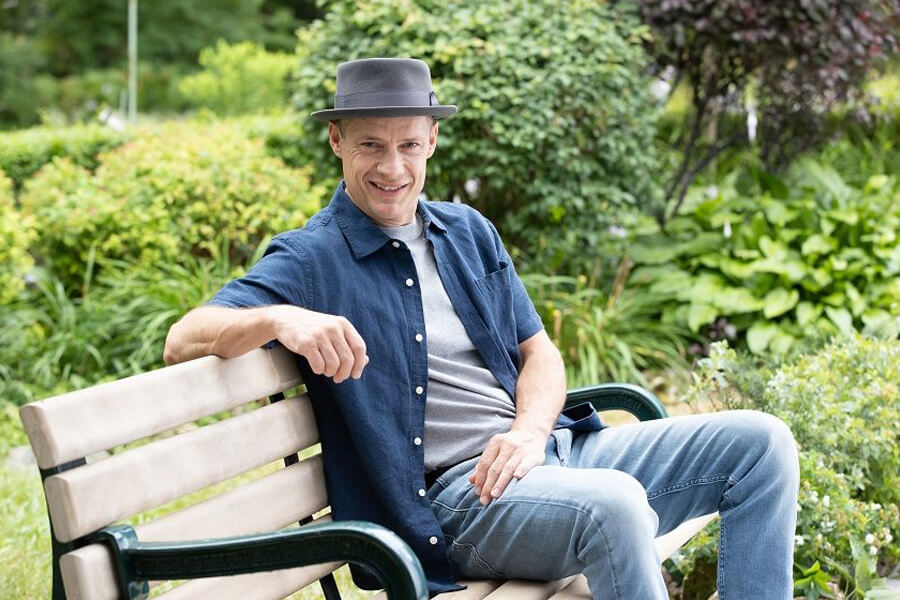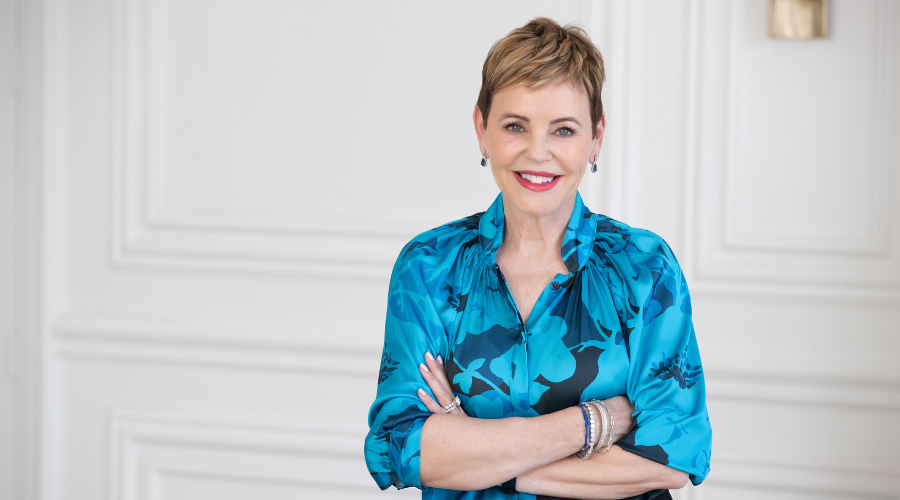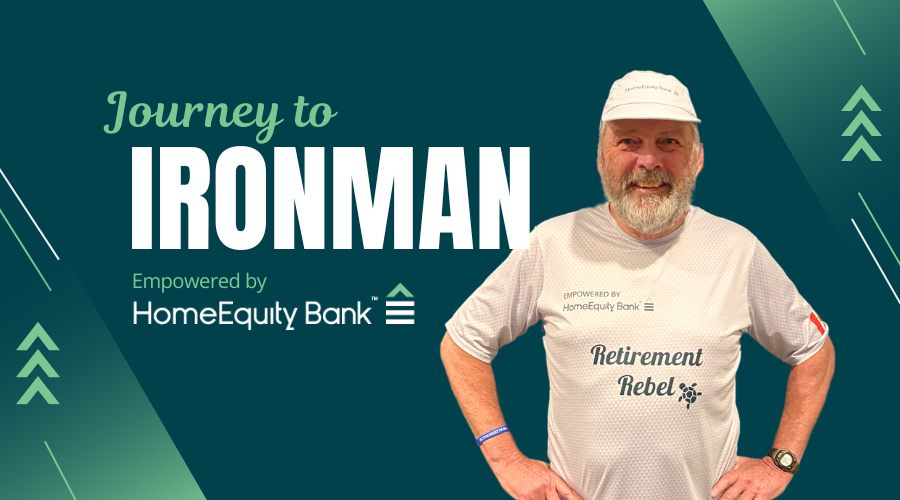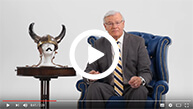We’ve all been there – motivated to start a new fitness routine, excited to lace up our sneakers, and determined to reach that goal. If you’ve been following me for a while, you know how much I enjoy exercising and how much I value achieving financial goals. Yet, even with a plan, life can get busy, and excuses creep in. The gym bag gathers dust.
The U.S. issued an Executive Order imposing a 25% tariff on all Canadian imports, except a 10% tariff on Canadian oil, electricity, and natural gas. This is effective on Tuesday, February 4th. The Prime Minister announced on Feb. 1st a 25% tariff on $155 billion of US goods. As of Tuesday, the first tranche will apply to $30 billion of US goods. Canada will be challenged economically, households will be hurt financially, and the landscape will likely change forever. However, while we can’t change what has happened, we can change how we respond.
After reflecting, I would say “yes” without hesitation if you asked me if I thought I was happy. I found happiness in the fleeting moments after presentations, conversing with a colleague, or in the process of simplifying a concept. I have realized happiness has often come from external experiences or achievements. Joy, on the other hand, comes from inner fulfillment, gratitude, or even spiritual depth. It is personal, can be profound, and sometimes offers contentment amidst struggles.
















